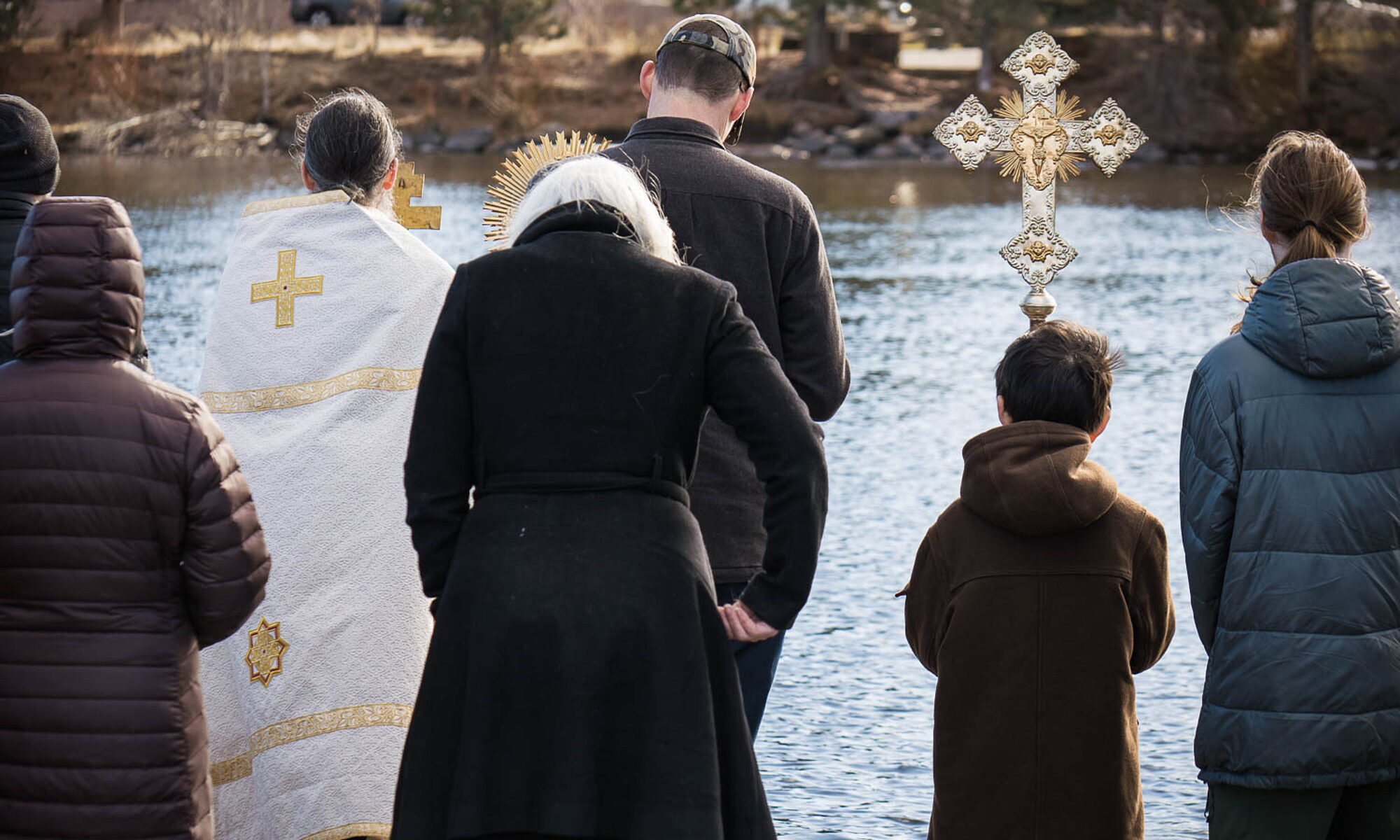And how do we apply all these ideas in our parishes today? Do we build our own mission parishes here at home or send money to foreign “missions”?
I do not want to go too far, as if to suggest that the Protestant drive toward missions that I grew up with is completely misplaced, because, otherwise, “how shall they believe in Him of whom they have not heard?” And truth be told, their zealousness toward missions shames us. However, I would say that using money to support people to go and live among another culture often gives us a false sense of self-accomplishment. We feel like we are “doing missions”, but we choose to ignore the negative effects of what is actually happening.
Your parish will choose how to use your money and how to engage in missions. However, there is one waning sign I would like to share, something that might be helpful in determining to whom or to what organization you should send your money.
An organization totally focused on evangelism and without any mention of establishing local parishes, or building a community of believers, or laying the foundation of the liturgical life of the Church, is a strong indicator of an organization that operates without a full understanding of what it means to incarnate the gospel in another culture. As said above, the extent to which the gospel is incarnated into the culture is the extent to which the culture will be healed, and quite obviously, incarnation of the good news is far more than just a verbal telling of what Jesus did.
Here is an example of such an warning sign: An organization that, right below stating the Great Commission,
“Go therefore and make disciples of all the nations, baptizing them in the name of the Father and of the Son and of the Holy Spirit, teaching them to observe all things that I have commanded you; and lo, I am with you always, even to the end of the age.”
…edits out three of the four verbs for their own mission, “to make disciples of all nations by bringing people to Christ and His Church.” And the vision is “that all people may come to know of the saving love of our Lord: Father, Son and Holy Spirit.” That is a indicator that their focus is solely on “spreading the gospel” to the exclusion of an incarnational living out of the good news through a living martyrdom. Where is the rest of our Lord’s Great Commission?
This is not to say that there is anything wrong about making disciples, but it is very common to focus so intently on sharing the good news, that we put no emphasis at all on the fuller meaning of our task. “Making disciples” is far more than just telling someone about Jesus. And “teaching them to observe” continues even further beyond that.
That is what we should avoid. What should we do, though? We should use our resources (money, time, skills, etc.) to support a ‘sending out’ effort (that is, missions) in three ways:
- In our own parish: especially if in a developing, mission parish, but also in larger, established parishes, we should devote our time, skills, and money toward incarnating the good news in our community and through our parish.
- In our region: financially support priests, maybe help build a chapel, or even send knowledgeable parishioners to serve readers services in a nearby town that is not within reasonable reach of an Orthodox parish.
- In another country: give money or send out a missionary toward missionary efforts that are establishing a living martyrdom of the good news, incarnating the gospel within another culture.
There is a need to send out to contexts in which the good news has not been fully incarnated (even though that might be within our own city), but evangelism, the living martyrdom of the good news of the Incarnation of God and the healing of mankind, is the Christian life we all must live.
